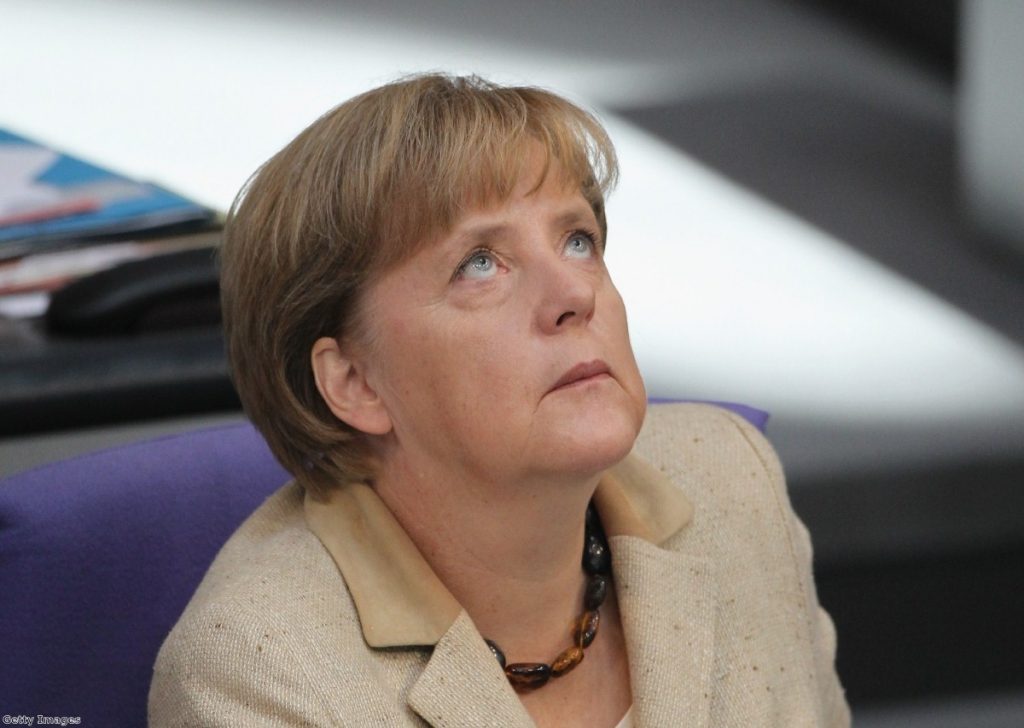Diplomats face ‘UK spying shock’ at G8
British politicians are reacting to reports that the UK spied on foreign diplomats during the 2009 G20 conference with a mixture of shock and disdain.
The mixed response is unlikely to be mirrored at the G8 summit in Northern Ireland, where discussions on trade, tax, transparency and terrorism – as well as the ongoing crisis in Syria – will be overshadowed by renewed suspicion at the activities of British intelligence.
Documents seen by the Guardian newspaper revealed GCHQ officers had used an email interception programme to spy on G20 delegates' use of computers.
Their BlackBerrys were bugged and phone calls were monitored. The activities appear to have been sanctioned by government officials high up in Gordon Brown's government.


Not all UK politicians have been overly alarmed by the news that Britain's main intelligence communications body engages in communications intelligence, however.
Conservative MP Glyn Davies suggested the Guardian "looks very silly", confirming the prediction from Labour's Jonathan Reynolds that the newpspaer would be "treated with a bit of gentle sarcasm".
Do bears **** in the woods? Is the Pope Catholic? Are wind farms an obscenity? Does GCHQ spy on other Gov'ts. Yes Guardian looks very silly
— Glyn Davies (@GlynDaviesMP) June 16, 2013
@Viktoria_Wallen The Guardian have a scoop tomorrow revealing spies sometimes do spying. It's being treated with a bit of gentle sarcasm
— Jonathan Reynolds MP (@jreynoldsMP) June 16, 2013
Revelations about the snooping activities of GCHQ – which saw diplomats' emails reportedly hacked and their phone call activity monitored by a team of 45 analysts – come after US whistleblower Edward Snowden revealed the UK could have benefited from an American snooping programme known as 'Prism'.
The official British focus before the summit begins in earnest later is a push towards the EU-US transatlantic free trade deal, in which Barack Obama will meet with Angela Merkel, Francois Hollande and EU leaders in the library of the Lough Erne hotel.
The world's eight leading nations will then meet to address "the biggest issues facing our countries" – including a working dinner on Syria and Libya this evening.
"Above all, this will be a summit that will drive growth and prosperity all over the world," Cameron said.
"Not because the agreements we reach – on tax, on trade and transparency – are ends in themselves. They are the tools we need to create jobs for our people and raise living standards."









